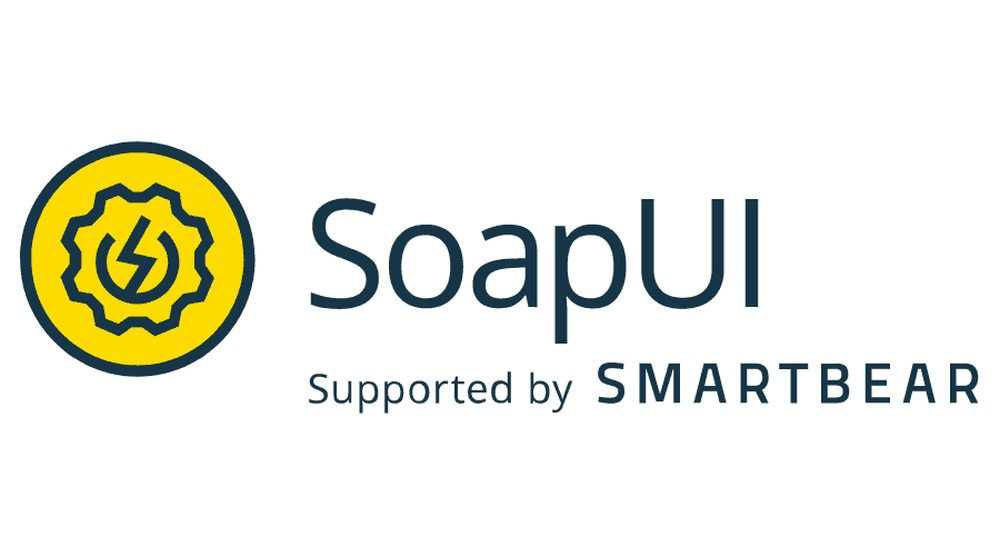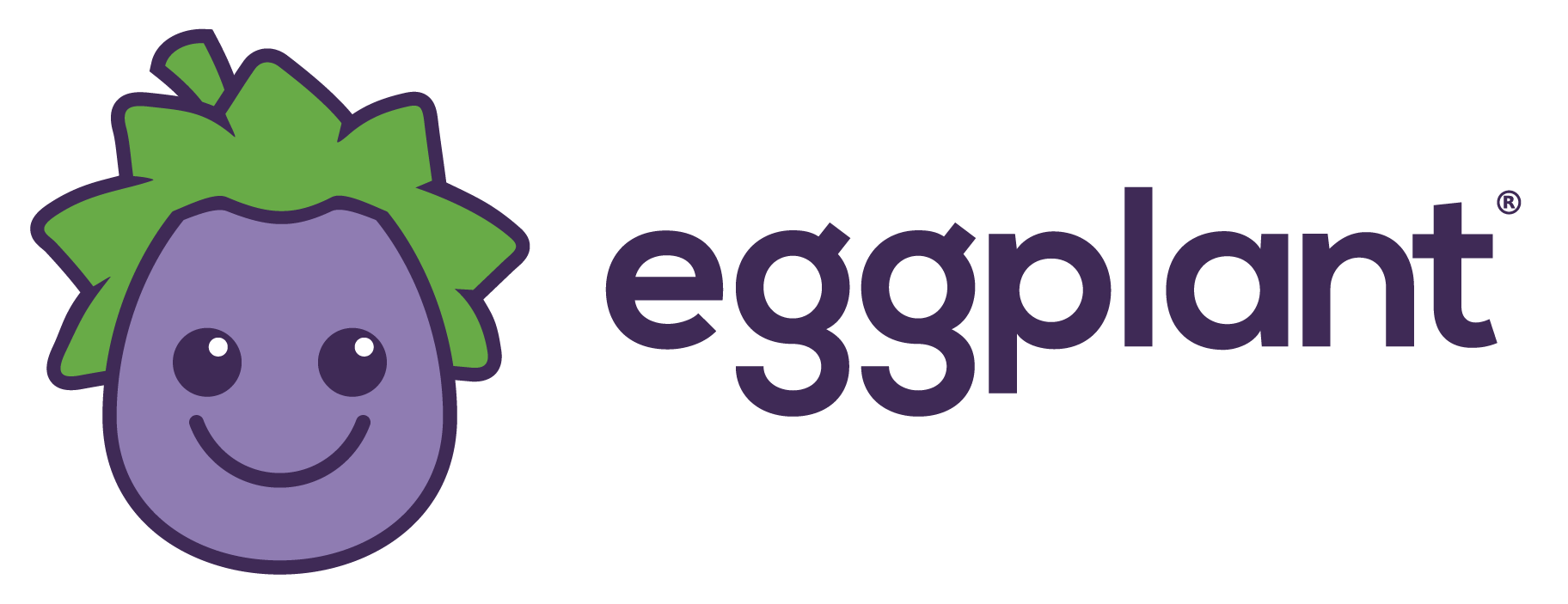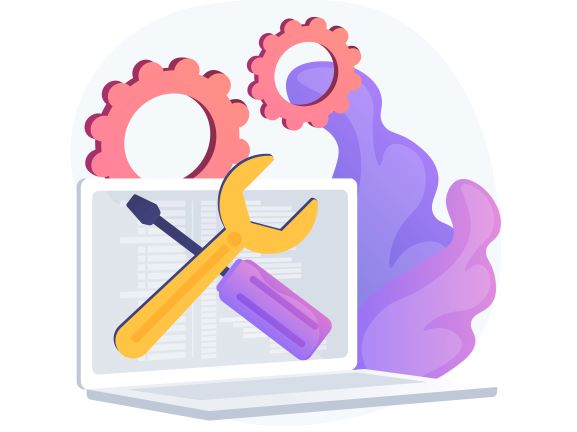Top 10 Trusted Automation Testing Tools for Your Business
With the widespread adoption of Automation Testing, businesses are now spoilt for choices of Automation Testing Tools.
A plethora of automation tools, both open-source and vendor-source – have granted the market the opportunity to explore and deploy the best-suited ones for their firms.
You must have gotten acquainted with the theory of how to choose the right automation, but turning this into practice is another story. As listed below are the top 10 trusted and curated automation testing tools with high credibility, divided into 3 categories of web app, mobile app and desktop app.
What testers need to know about testing: Principles, Skills & Testing phase
Enhance your software testing capabilities with global quality standards
Automation Testing Tools for Web App
Web App testing takes up a high percentage of the Quality Assurance market, hence the diverse and varied automation testing tools. These tools, in this case, should be feature-rich and support cross-browser compatibility.
1. Selenium
Selenium is among the most popular and renowned automation testing tools as the flagship automating web application for testing purposes.
|
“It is considered the industry standard for user interface automation testing of Web applications. Specifically, 54% percent of respondents used Selenium as their automation testing tool, according to the Test Automation Landscape in 2020 Report.” – Brian Anderson (Automation advocate & Selenium committer)
|
With the assistance of Selenium, the automation testing process can be implemented across different operating systems and different browsers, thanks to its two main projects.
With the 3 main projects of Selenium WebDriver, Selenium IDE and Selenium Grid, this tool empowers testers to automate browsers in a robust and versatile manner.
With the utility of diverse programming languages of Java, C#, Python, Ruby, PHP, Perl and JavaScript, etc., Selenium supports browser-based regression testing scripts and suites across multiple environments.
The extension for Chromium browsers and Firefox add-on also assists testers in writing quick bug reproduction scripts in automation-aided exploratory testing. This exploits the record-and-playback principle for automation testing implementation.
2. TestComplete
TestComplete from SmartBear offers a platform of multiple modules including Web app, mobile app and desktop app. Among these three modules, the outstanding one is the web application with the utility of reusable tests for all web applications.

TestComplete Automation Testing Tool
With the record & playback test approach, testers can use modern programming languages like JavaScript, Python and VBScript, etc.
TestComplete majors in GUI test automation tool with the assistance of AI and ML, empowering object recognition engine and script/scriptless flexibility. CI/CD is implemented for the increase in speed of delivery.
The TestComplete tool gives you access to 2050+ on-cloud test environments, making it easier for real device maintenance, virtual machines and in-house testing labs.
Accompanied by these on-cloud testing environments is the utility of manual testing which can be applied in any phase for better test coverage and accuracy.
3. Katalon
Katalon is another automated UI testing tool with convenient access to any type of testers, including the ones with no programming knowledge and background.
As the pioneering name in the field of codeless automation testing tools, Katalon thrives as a productive IDE for the all-platform automated test generation, regardless of the application complexity.
Katalon scratches the surface of codeless test scripts and digs deep into the infinite testing extension, meaning that testers of all levels and competency can work with Katalon, from newbies to experts.
Other outstanding features of Katalon are:
- Utility of automation testing in API and mobiles testing
- Ability to generate test scripts, create test cases, report results and record actions
- Support for Groovy/Java scripting languages
- Support for image-based testing
- Built-in object repository, object re-identification and Xpath
Automation Testing Tools for Mobile App
The 4.0 Industry development entails the upsurge of smart device users with no less than 3.8 billion smartphones being circulated in the market.
More than one-third of these devices are tablets, with 244.2 billion apps downloaded in 2020. This number is predicted to surpass 258 billion app downloads globally in 2022. The skyrocketing market of mobile apps leads to the higher-than-ever demand for the quality and faster time to market (for both new releases and feature updates)
To become the flagship of the field, one must be ahead of the curve and come to the forefront with tactics to consummate the mobile apps. The best solution for this is through the automated testing tools as follows.
1. Appium
|
“At this time, my team is only using Appium, but this will most likely change as other teams have automation needs with mobile devices. The main reason why Appium is a good choice for us is that it allows for tests to interact easily with both Android and iOS devices. Instead of using one toolset for Android and another for iOS, Appium combines how automation functions with each platform and puts it all into one library.” – Randall Kelley (Senior Software Development Test Engineer)
|
Trusted by many developers and testers around the world, Appium helps you automate your mobile app with well-known dev tools and many programming languages. More importantly, Appium supports API from Selenium WebDriver for in-depth development.
Appium inherited many of its features from Selenium, hence supporting cross-platform testing (in iOS and Android), a wide range of languages and multiple test frameworks.
The only hiccup with Appium is the lack of official support. Instead, it has a dynamic and supportive community for real-life problems.
2. SoapUI
SoapUI is one Functional Testing tool for SOAP and REST testing, supported by SmartBear. This automation testing tool does not require high knowledge of programming languages. With SoapUI, the creation of test suites, test cases and their maintenance is quick and easy.

SoapUI Automation Testing Tool
SoapUI supports many features, namely:
Automation Testing with SoapUI
SoapUI allows automation testing with the customization of test execution to override test parameters.
Testers have full control over the functional/load tests with the automation features of SoapUI by using the Command-Line tools bundled with the tool.
Technology Support from professionals
SoapUI provides support for common protocols and standards.
Real Services
Mimic your Real Web Services without having to wait for them to be ready or accessible. Best of all, you don’t have to build expensive full-scale replicas of your production systems.
Security Testing
Using a complement of tests and scans, protect your services on websites against the most common security vulnerabilities.
Performance Validation
Use built-in assertions to check your web service performance and to ensure that it matches user expectations.
Ecosystem
A big part of what makes SoapUI great is the universe of the open source community and partners around it, who have accelerated the pace of innovation on SoapUI. Another reason SoapUI is so great is that it allows anyone to develop their own set of SoapUI features as SoapUI Plugins. And SoapUI Pro adds award-winning support from the SmartBear team.
3. Eggplant
Eggplant is an automation testing tool specializing in Graphic User Interface (GUI). This tool offers easy operating system integration with systematic test case management.
Eggplant utilizes a two-system model which consists of a controller machine and a system under test.

Eggplant Automation Testing Tool
Besides the two dominant operating systems of Android and iOS, Eggplant also supports other standard platforms including Windows Phone, Symbian and Blackberry.
Note: Eggplant allows testers to write and execute test scripts in a manner similar to that of actual user interaction.
One major obstacle that one may encounter during their time with Eggplant is the lack of experts. Eggplant offers a great deal of outstanding features, but its popularity is still limited in a small community, making it difficult to find experienced and knowledgeable testers to work with the tool.
4. Ranorex
Ranorex is another vendor-source/commercial automation testing tool that has gained a universal reputation for its powerful features in creating, maintaining and executing robust test automation projects.
With Ranorex, every action, test execution, test report, etc. is under the operational control of the Web and mobile test command center. In this center, endpoint and environments of the testing system are centrally created and configured.
In the command center, test suites operate with flexibility. To be more specific, test cases can be combined with existing code or recording modules.
Ranorex allows custom run configurations, data binding or parameterization.
Ranorex can support both newbie testers or experts in the field. Because Ranorex is a commercial, it offers dynamic ID support and expertise support from professionals.
5. Kobiton
Kobiton is featured with the highlight of a mobile testing platform. The services here focus on device lab development, and more importantly, automation testing on different platforms with real devices.
With the absence of emulators, Kobiton offers seamless access to Real-device Testing with Scriptless Automation.
|
“Before Kobiton we were constantly buying new phones and only the folks in our office could use them. Now, my developer and quality control person can both use the platform to test our apps before we send them to the” – Katie Bruno (WDD)
|
The key player among Kobiton’s features is the continuous integration of testing into your DevOps CI/CD processes. Thanks to this, regression tests are executed in a faster course, with detailed monitor of the performance metrics. Time to market of the application/releases is quicker.
Why you should try Kobiton:
- Kobiton applies the Appium open-source framework, making it possible to integrate with other Frameworks as well. These can be Appium, XCUI, Espresso, etc.
- Codeless mobile testing with easily automated test scripts. From one manual test session, you can execute hundreds of devices, all at once.
- Kobiton developed the Session Explorer platform where you can resolve your test failures with accuracy and efficiency. No more wasting your time with log files and videos.
Automation Testing Tools for Desktop App
1. Winium
Yet another automation testing tool utilizing the Selenium library. Winium is an open-source Automation Framework for Desktop App. This tool helps engineer testing to interact with the Windows applications easily, especially for those who have worked with the Selenium WebDriver before.
Programming languages compatible with Winium include:
- Python
- Java
- C#
- Ruby
- PHP
- JavaScript

Winium Automation Testing Tool
Although Winium supports both Desktop Apps and Mobile Apps, it is preferred for Windows Desktop App.
The stand-out feature of Winium is the price. It is the only Selenium-based tool that allows Client-Based Application Automation. It only supports Windows. Mac and Ubuntu-based are unattended in Winium.
2. WinAppDriver
As in the definition issued by Microsoft, WinAppDriver is: “A test framework developed by Microsoft as an open-source project.”
Since the WinAppDriver framework is the implementation of Appium, which is a Mobile App Framework based on Selenium, it is a Selenium-like automation framework.
Since its launch, WinAppDriver has encapsulated the best-combining features of 2 frameworks, making it a flexible, easy and familiar framework to work with.
The WebDriver protocol, which is the most important standard of web & mobile app testing, allows WinAppDriver to drive any Windows apps in multiple languages, namely C#, Java, Python, Ruby, etc.
Test runners available within WinAppDriver are MSTest, JUnit, NUnit, etc.
For every automation testing approach, we have different automation testing tools, which require us to go through a thorough analysis to come up with the most suitable.
If you want to hear from our professional staff about what automation testing tool to implement at your business, don’t hesitate to Contact us for detailed consultation.
- Website: https://www.lotus-qa.com/
- Tel: (+84) 24-6660-7474
- Fanpage: https://www.facebook.com/LotusQualityAssurance



